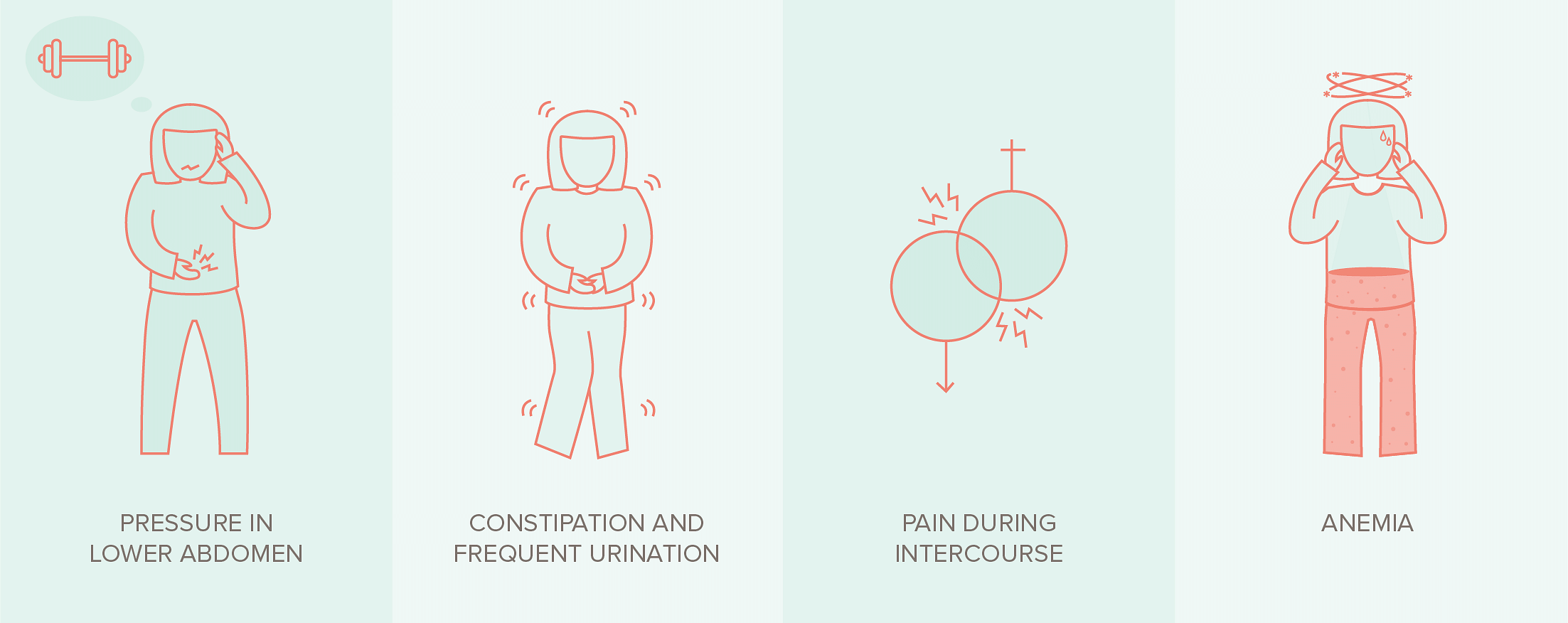It was sometime during the year 2010 when my mother was hospitalised. She had been suffering from profuse bleeding for close to a month, and a week before being admitted, I had witnessed her staying up all night from agonising pain. My mother has rarely appeared so defeated; even at her weakest moments, I have always seen her make concerted efforts to ensure everyone around her was comfortable. However, in that one month, she had retired to the bed and was constantly losing blood.
Fortunately, it was soon diagnosed that whatever my mother was suffering from could be treated. She was experiencing a case of enlarged uterus, known as uterine fibroids, which are a group of noncancerous growths that commonly appear in women above the age of 30.
These non cancerous tumours more usually develop in a woman’s childbearing years. However, in a few cases some women may experience them during or after menopause, or even develop them for the first time at a matured stage in life.
The tumors tend to grow in the walls of the uterus and cause immense pain and other uncomfortable symptoms such as

My mother suffered the most from blood loss and she lost a lot of weight. There are certain factors that can enhance the risk of developing fibroids, such as hypertension or extreme stress, which most of our mothers silently suffer from. Obesity, low levels of Vitamin D, or a fibroid gene can be some of the other high-risk contributing factors.
Fibroids can be difficult to address, especially if it is after menopause. However, it is definitely not impossible. While still in the perimenopause phase, birth control pills might be prescribed by a doctor to ease the pain, while for a severely enlarged uterus a hysterectomy might be the suitable option. Hysterectomies might be recommended for women who are in their postmenopausal phase, who have multiple or extremely enlarged fibroids, and probably those who do not plan on conceiving in the future. My mother was suggested a hysterectomy and she did go through the procedure.
The post-hysterectomy phase might be a challenging one for some women. It is quite common to experience several changes in the body after the surgery. It automatically switches a whole new button in your life where you will no longer have your periods and in some cases, there might be some changes in sexual behaviours such as a reduced drive. Some women may also suffer from a sense of loss, and that may be projected as a loss of interest in food and everything that she once enjoyed.
However, just like all the phases in life, the post-surgery phase is unique to every woman. My mother personally did not experience any of the above. Till today, when talking about those few days, she explains that she never experienced any mood swing or depression but was ready to get started the moment she recovered. We of course didn’t let her do that! However, 10 years later, she joins us on every trip, she cooks meals that are just as delicious, and she continues with her practice in Carnatic music. One thing that she always believed in was, “You are a woman for as long as you think you are. The rest is just a part of it.”
Note: This is a personal story and while all information are research, we recommend that you read up on vaginal health from our expert authors. To find articles written by our experts, read here.




Thanks for sharing such stories which are helpful to every woman. Doing great job.
Hie
Your story was so helpful for me, my mother suffers from something like this too she has the same symptoms.
But I don’t know if she is suffering from fibroids. But after reading your article I think I can learn about it more.
Thank you
We are glad that we could help you. Thank you for reading, Priyanshi.
Quite informative n to the point
Ur article is quite informative and to the point,I had irregular periods,was diagnosed with uterine fibroid n cyst,which have dissolved, after taking birthday control pills,but the same thing is repeating,didnt get periods for 3 months after I stopped taking the medicine